How does bitcoin exchange work?
Last updated
While there are a number of ways to exchange bitcoin for other assets, by far the most common way is through a bitcoin exchange. Bitcoin exchanges are purpose built platforms designed to facilitate easy, fast, and efficient exchange of bitcoin with other assets.
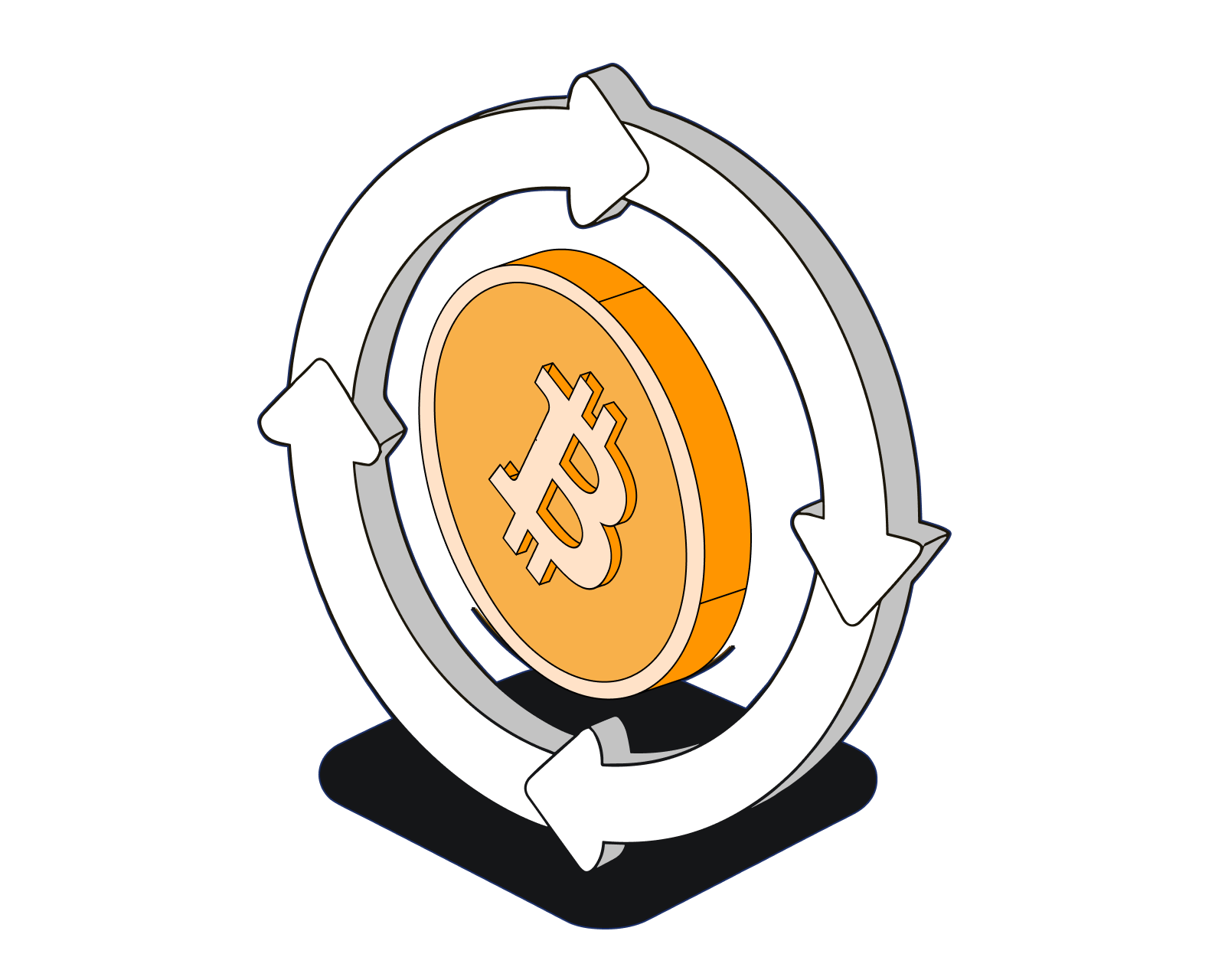
Table of Contents
- What’s a bitcoin exchange?
- How do centralized exchanges work?
- How do decentralized exchanges work?
- What's a banked exchange?
- What are makers and takers?
- How do centralized bitcoin exchanges make money?
- Why do I have to verify my ID to use a centralized bitcoin exchange?
- How does peer-to-peer bitcoin exchange work?
What’s a bitcoin exchange?
A bitcoin exchange is a digital marketplace where individuals can buy, sell, or trade Bitcoin in exchange for other cryptocurrencies or fiat currencies. These crypto exchanges act somewhat like a stock exchange, but instead of trading stocks, users trade cryptocurrencies and other digital assets.
When most people speak of bitcoin exchanges, they're referring to centralized 'custodial' platforms. However, when speaking more broadly about cryptocurrencies and digital assets, crypto exchanges can be broken into two categories: centralized exchanges (CEXs) and decentralized exchanges (DEXs).
A CEX is an online platform that facilitates the buying, selling, and trading of cryptocurrencies. It functions as an intermediary between buyers and sellers, much like a traditional stock exchange, but for cryptocurrencies instead of stocks.
While centralized exchanges are currently the most popular way for individuals to buy and trade bitcoin and other cryptoassets, it’s important to remember that since you don't have control over the private keys when using a CEX, you are trusting the exchange to secure your funds.
Read more: What is a CEX?
A DEX is a platform that allows individuals to trade cryptocurrencies directly with one another without the need for an intermediary or third party like in CEXs. Most importantly, individuals never lose control over their assets. DEXs are an integral part of the decentralized finance (DeFi) ecosystem.
Read more: What is a DEX?
How do centralized exchanges work?
From a user’s perspective, using a CEX is somewhat similar to using a traditional online brokerage or bank account. Here's how it typically works:
- Create an Account: Choose a centralized exchange to use and create an account. This usually involves providing your email address, creating a password, and sometimes providing additional information for verification purposes.
- Complete Verification: Centralized exchanges are regulated businesses. Such businesses must comply with Know Your Customer (KYC) and Anti-Money Laundering (AML) regulations. These regulations require the collection and storage of customer information, including identity documents and sometimes proof of address.
- Deposit Funds: After your account is verified, you can deposit funds into your exchange account. You can often deposit either cryptocurrencies, like BTC, or fiat currency, such as USD or EUR, depending on the exchange. Some exchanges allow you to link your bank account or use a credit card for this purpose.
- Place a Trade: Choose the cryptocurrency you want to buy or sell. You can place different types of orders, such as market orders (buy/sell immediately at the current market price) or limit orders (buy/sell at a specific price). Enter the amount you want to trade and confirm the details of the transaction.
It’s essential to remember that when your bitcoin and other digital assets are on the exchange, you are entrusting the exchange to keep them safe, as opposed to holding them in your own self-custody wallet.
How do decentralized exchanges work?
Bitcoin cannot be directly exchanged on DEXs. There are, however, bitcoin derivative products such as WBTC that can.
From a user's perspective, using a DEX can be both empowering and slightly more technical than using a CEX. Here's how it typically works:
- Get a Wallet: Before you can use a DEX, you need to have a cryptocurrency wallet that is compatible with the DEX. These wallets will store your bitcoin and other cryptocurrencies and allow you to interact with the DEX. A self-custody wallet, like the multichain Bitcoin.com Wallet app, is recommended in order to retain full control over your assets.
- Fund Your Wallet: Next, you need to send some cryptocurrency to your wallet. If you already have cryptocurrencies in another wallet or on a centralized exchange, you can transfer them to your wallet.
- Connect to the DEX: Go to the website of the DEX you want to use, such as Verse DEX. There, you'll see an option to connect a wallet. Choose the type of wallet you're using, and approve the connection request in your wallet app. This links your wallet to the DEX and allows you to start trading.
- Place a trade: Once your wallet is connected, you'll see an interface that allows you to select which cryptocurrency you want to swap and what you want to receive in exchange. For example, you might want to swap Ethereum (ETH) for VERSE.
What's a banked exchange?
Cryptocurrency exchanges that allow you to transfer local currency to and from them are known as 'banked exchanges.' Some exchanges allow you to transfer local currency to start buying (typically in the form of credit card or payment app like PayPal), but don't allow you to withdraw local currency back to your credit card or payment app. These are known as 'partially banked' exchanges. A fully-banked exchange will allow to you fund your account via bank transfer and send local currency back to your bank account.
What are makers and takers?
Generally speaking, the more users an exchange has, the greater 'market depth' it is able to provide. Market depth refers to the size of the exchange's order books. People who place buy and sell orders on exchanges are known as market makers. The more orders there are on the book, the easier it is for people to buy and sell large amounts of bitcoin at closer to the global market rate. In markets, takers are those who reduce liquidity by taking orders that are already on the books. When you place a market order, you're a taker. You can also be a taker when you place a limit order if your order happens to match with another person's order that's already on the books.
How do centralized bitcoin exchanges make money?
In a word: fees. These may include some or all of the following:
-
Withdrawal fees
Most exchanges charge a fee to withdraw bitcoin, other cryptocurrencies, and local currencies. In most cases, the fee is on a per withdrawal basis (not a percentage of the withdrawal amount). The withdrawal fees charged by exchanges tend to change frequently, often without notice.
-
Trading fees
These are typically calculated as a percentage of the trade value and often depend on whether you're the maker or the taker (see above for an explanation of makers and takers). In most cases, makers pay lower fees than takers. The rationale for the discrepancy is that makers provide liquidity (and should, therefore, receive a discount), while takers remove liquidity (and should, therefore, be charged extra).
-
Interest/Borrowing/Liquidation Fees
Some exchanges offer margin trading. This is where you borrow to increase your position, creating what's known as leverage. Exchanges that offer margin trading typically charge additional fees based on the amount borrowed and an interest rate determined by the total supply of funds available to all traders. You'll also likely be charged an additional fee if your position is liquidated.
Why do I have to verify my ID to use a centralized bitcoin exchange?
Taking custody of customers' bitcoin and other cryptocurrencies, as centralized exchanges must do, has legal implications. Specifically, such exchanges are subject to the money transmitter laws in the jurisdiction in which they are legally registered.
For this reason, most centralized cryptocurrency exchanges require you to complete a registration process in which you must verify your identity before you can use the platform. Regulators impose this requirement on exchanges ostensibly to prevent money laundering, terror financing, and tax evasion. Regulators also typically require exchanges to report customer information (including trading history) upon request.
In many cases, you'll be allowed to begin using the exchange by verifying your email only. It's important to note that this 'lite verification' typically comes with considerable restrictions including limited purchase amounts, limited withdrawals, and in some cases, no withdrawals at all. Before you fund a cryptocurrency exchange with bitcoin or any other cryptocurrency, be sure to check that you'll be allowed to withdraw.
The next level of verification typically entails uploading nationally-issued identification like a passport or driver's license. In some cases you'll be asked to upload a photo of yourself holding your ID next to a piece of paper on which you've written, for example, the current date and a specific message as requested by the exchange.
Note that many exchanges exclude certain nationalities from using the exchange altogether.
How does peer-to-peer bitcoin exchange work?
A number of match-making platforms such as Peach Bitcoin have arisen to (1) help buyers and sellers of bitcoin find each other, and (2) facilitate trades (typically with the use of escrow) without actually taking custody of the traders' bitcoin. These are known as peer-to-peer bitcoin exchange platforms.
Peer-to-peer bitcoin exchange platforms can be an effective way to buy and sell bitcoin, but since you must individually negotiate trades, they carry a certain level of inconvenience. For buyers, it can be difficult to quickly obtain the exact amount of bitcoin they'd like to purchase, and to get it at competitive market rates. Sellers, meanwhile, may face legal implications depending on their jurisdiction and the volume of bitcoin involved. These factors combine to make most peer-to-peer bitcoin exchange platforms considerably less liquid than most centralized (custodial) cryptocurrency exchanges.
Related guides
Start from here →
What's a 'self-custodial' wallet?
Understand how the self-custodial model puts you in charge of your cryptoassets and protects you from third-party risk.

What's a 'self-custodial' wallet?
Understand how the self-custodial model puts you in charge of your cryptoassets and protects you from third-party risk.
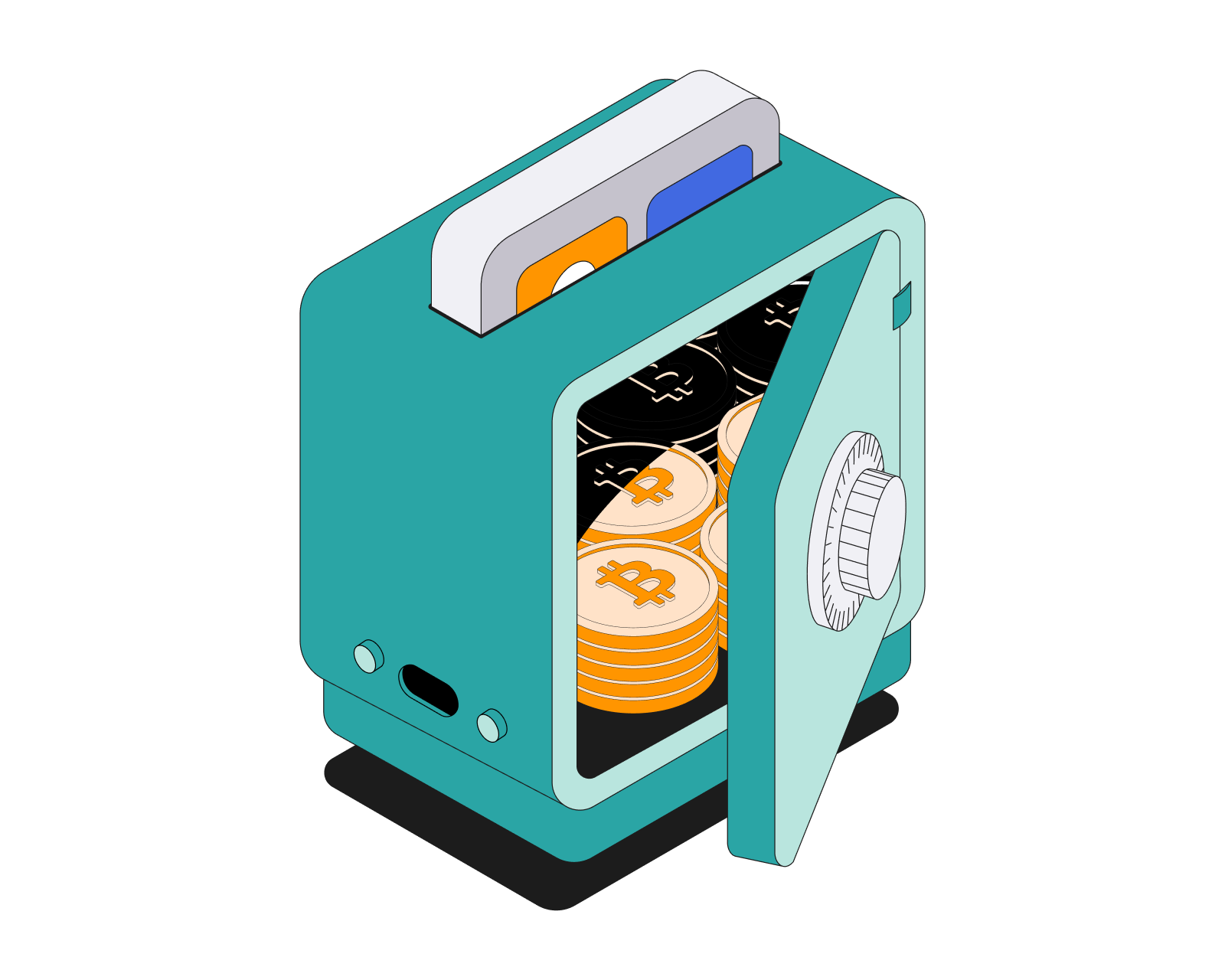
How do I keep my cryptoassets safe?
Make sure your cryptoassets are safe with these simple tips.

How do I keep my cryptoassets safe?
Make sure your cryptoassets are safe with these simple tips.
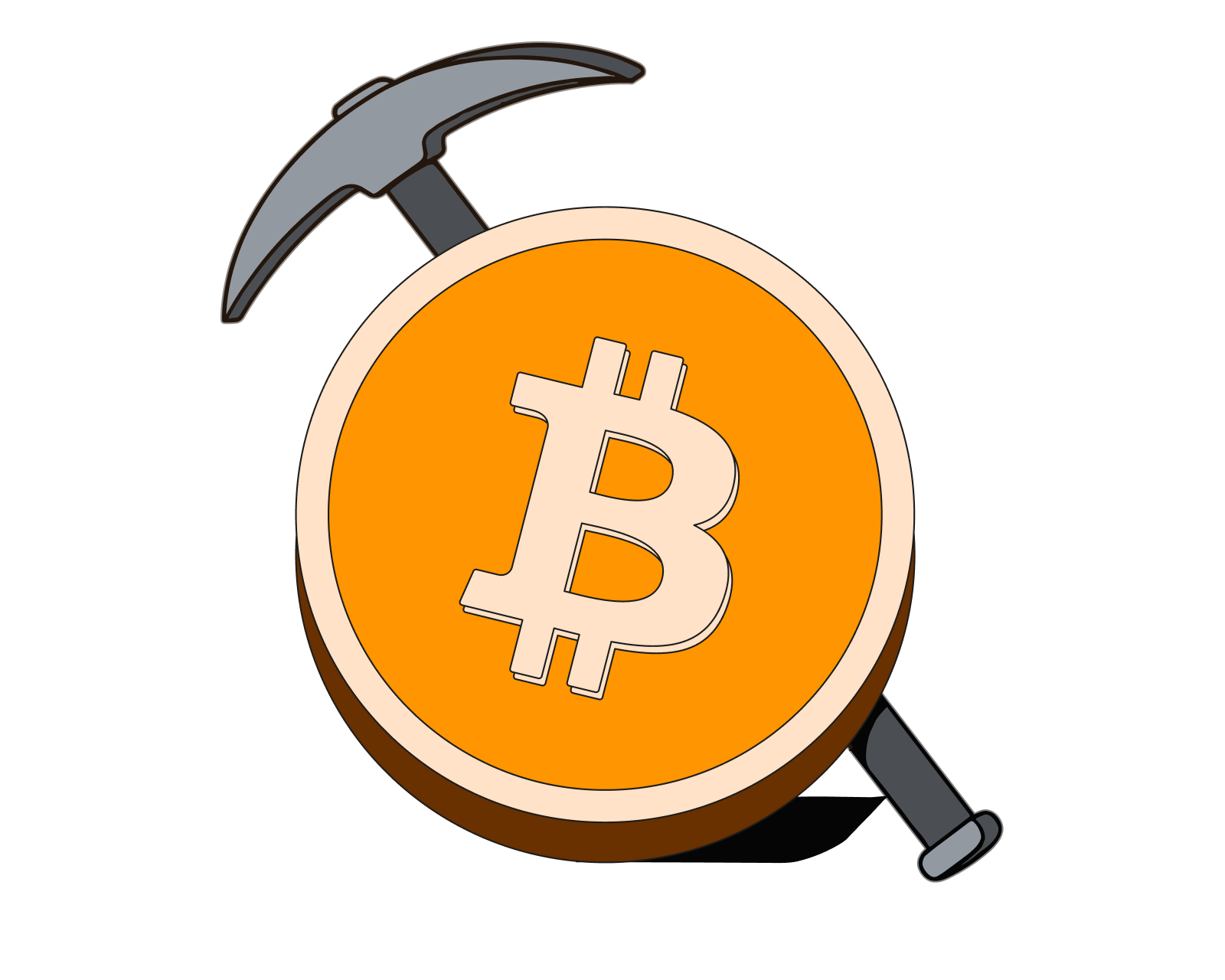
How do bitcoin transactions work?
Understand how the Bitcoin public blockchain tracks ownership over time. Get clarity on key terms like public & private keys, transaction inputs & outputs, confirmation times, and more.

How do bitcoin transactions work?
Understand how the Bitcoin public blockchain tracks ownership over time. Get clarity on key terms like public & private keys, transaction inputs & outputs, confirmation times, and more.
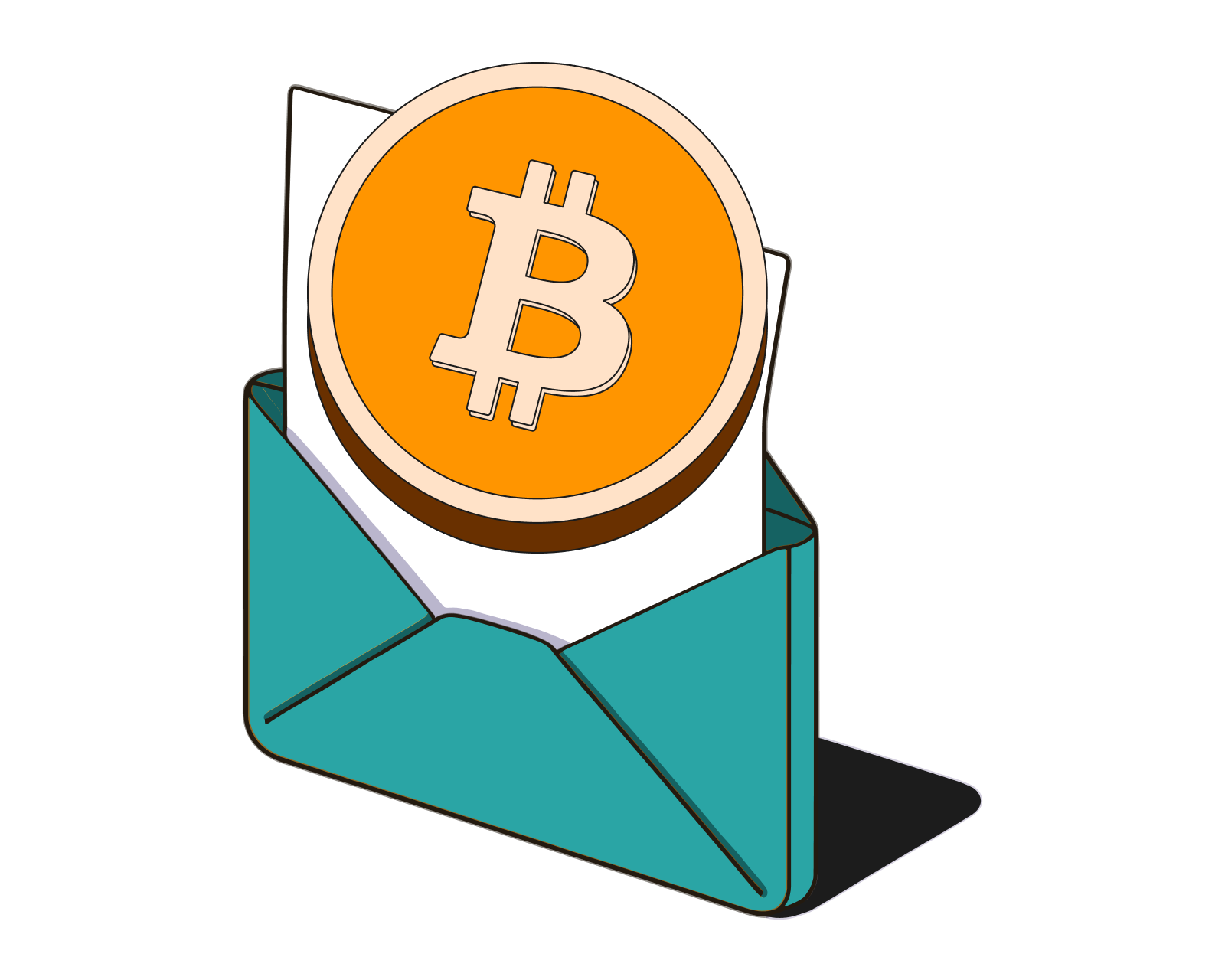
What is Bitcoin governance?
How does the network operate and decide on critical issues?

What is Bitcoin governance?
How does the network operate and decide on critical issues?
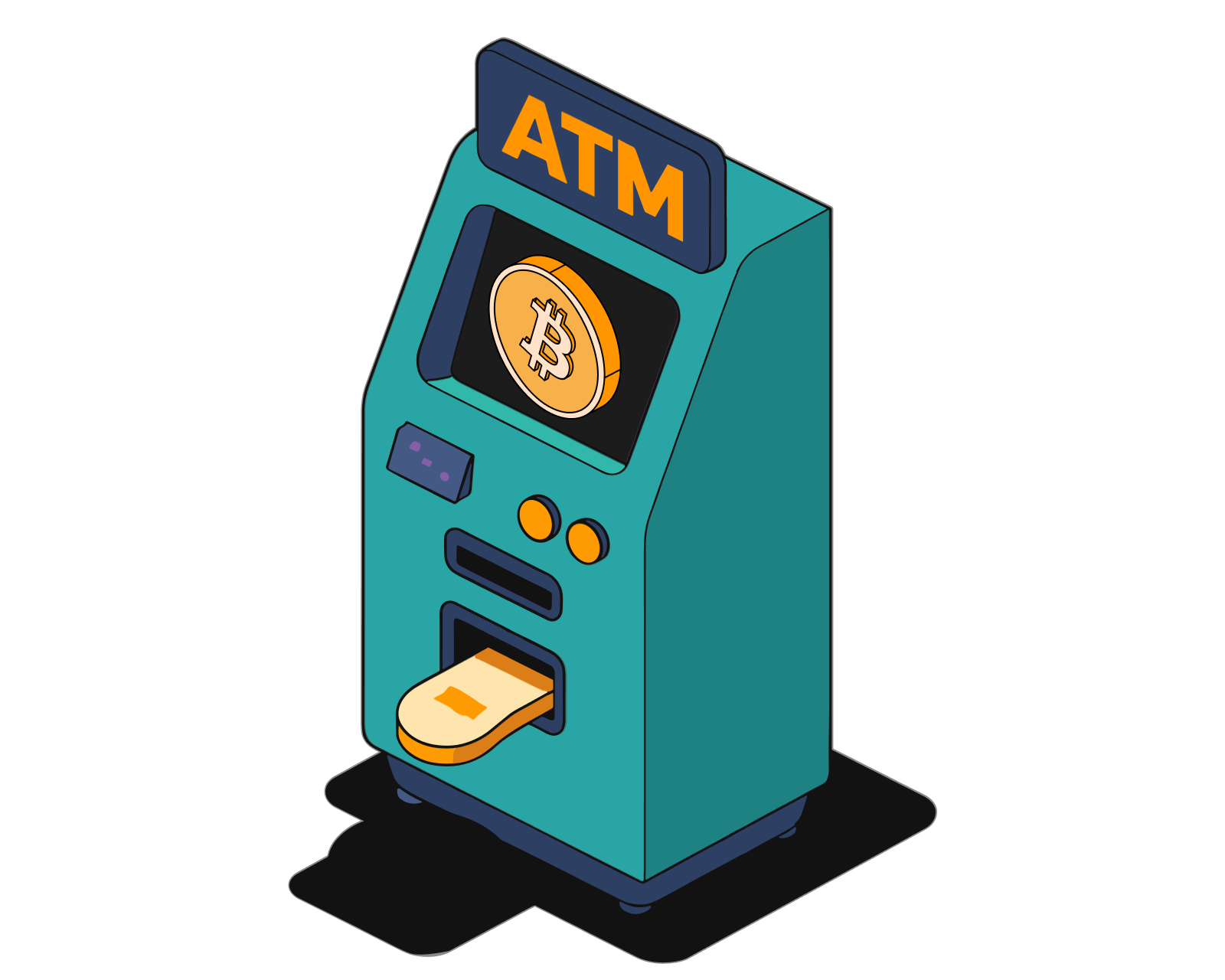
Crypto Tax Guide 2026
From Bitcoin to DeFi, NFTs, and staking rewards, every crypto transaction can create tax obligations. This guide explains global crypto tax rules, taxable events, and strategies to reduce liabilities.

Crypto Tax Guide 2026
From Bitcoin to DeFi, NFTs, and staking rewards, every crypto transaction can create tax obligations. This guide explains global crypto tax rules, taxable events, and strategies to reduce liabilities.
STAY AHEAD IN CRYPTO
Stay ahead in crypto with our weekly newsletter delivering the insights that matter most
Weekly crypto news, curated for you
Actionable insights and educational tips
Updates on products fueling economic freedom
No spam. Unsubscribe anytime.
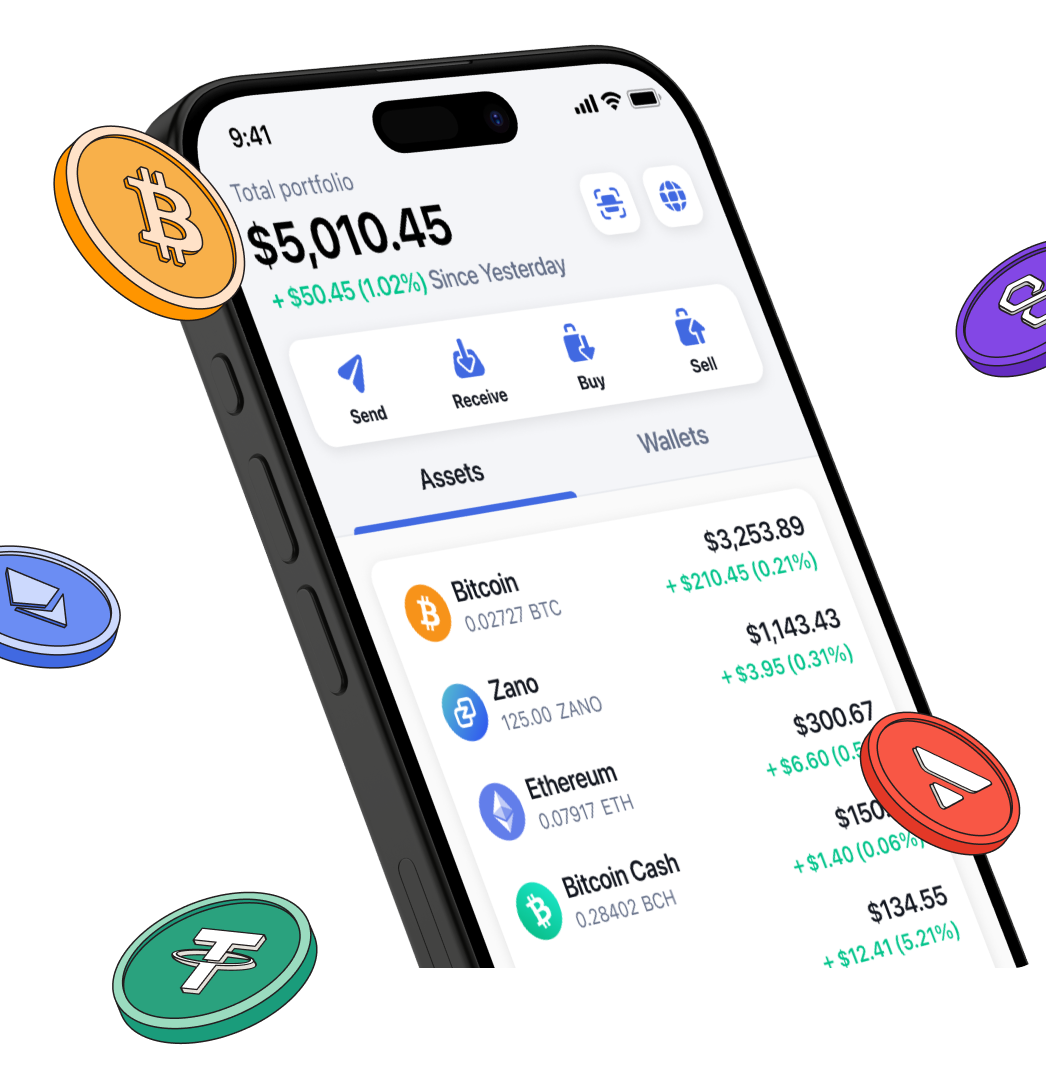
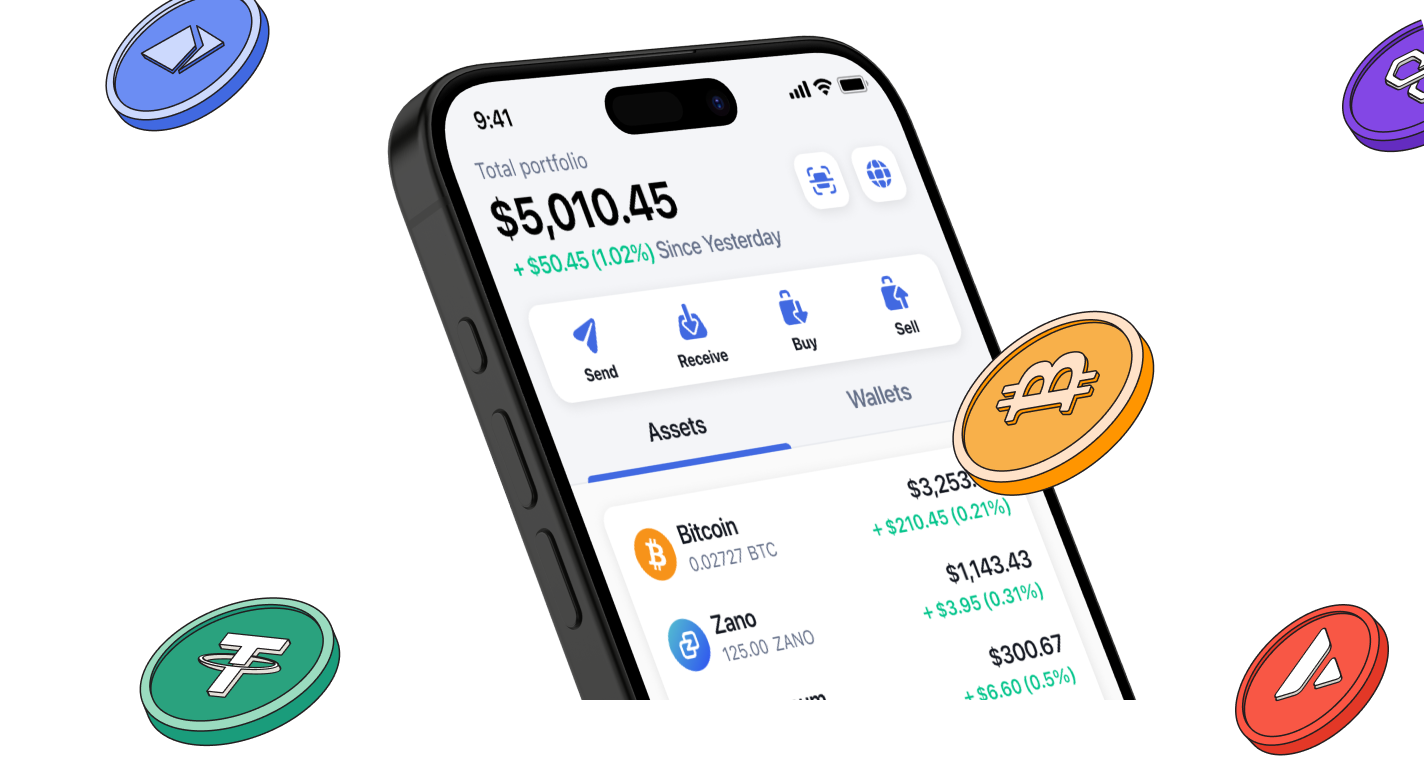
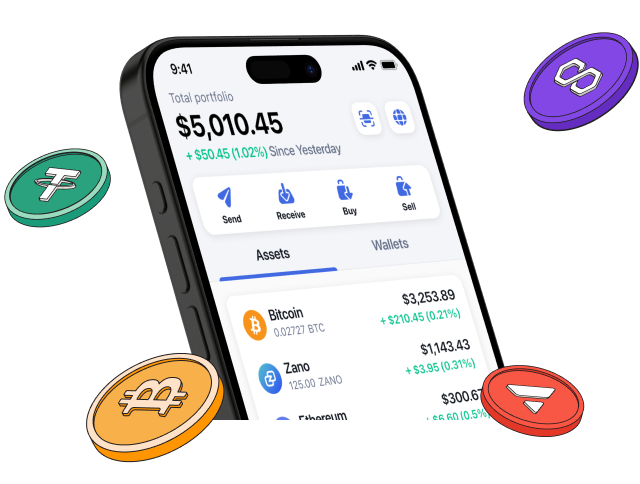
Start investing safely with the Bitcoin.com Wallet
Over wallets created so far
Everything you need to buy, sell, trade, and invest your Bitcoin and cryptocurrency securely

© 2026 Saint Bitts LLC Bitcoin.com. All rights reserved



